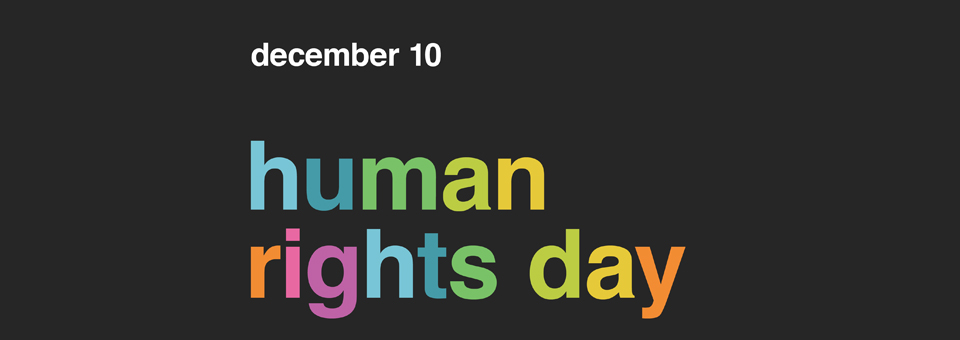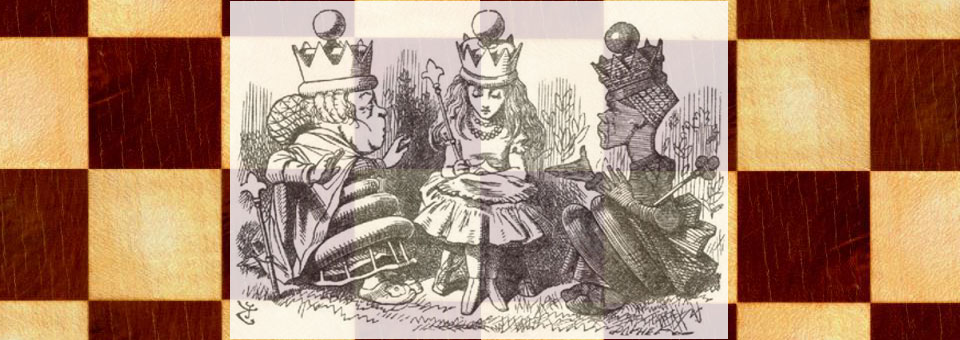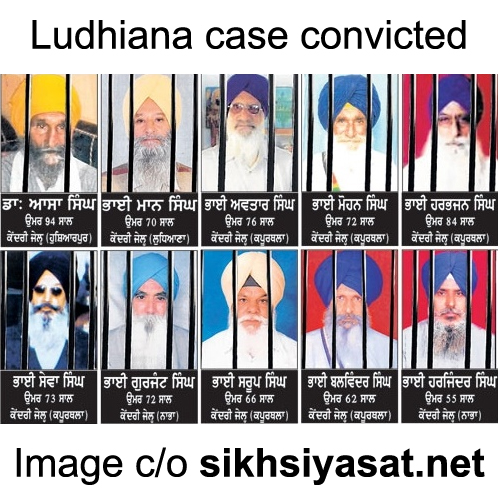Last week, the 10th of December was celebrated worldwide as Human Rights Day. On this day, human progress is judged by the level of basic human rights which are enjoyed by individuals in this emerging and changing world. Sadly, in many corners of the globe, people are still yearning to be regarded as human by the State and its guardians.
Guaranteeing the dignity of a human being, as human rights are intended to do, has increasingly become a casualty as the gaps within society widen. In an emerging power like India, about a hundred family’s control 25% of the GDP; the hold they have on each living being in India is huge as no policy can disregard the wealth creation they manage. There is no doubt that civil society has become stronger but the single-point agenda to highlight corruption is not viable when hundreds of millions still sustain on less than 20 rupees a day. The major newspaper chains daren’t speak out as they are deeply mired in the corporate sector and in most cases, big houses control a majority of the media.
In a recent judgement by the Apex court of India it has been written that ‘in matters of liberty the weakness of the state surely can’t be an excuse for lowering time-tested standards in human rights, especially when concerned with serious crimes where the accused stand to forfeit their life. But in reality, recent comments by the famous writer Arundhati Roy are closer to the truth; that in today’s India, killers and fascists are okay as long as they are financially viable and politically sound.
The hollow structure with which is being built the dream that India is progressing, is really just a distant mirage. A lady in the North East of the country has been sitting on a hunger fast for the last twelve years demanding the abolition of draconian armed forces laws in that region which are holding the local population in fear. A recent article by a leading journalist in India by the name of Barkha Dutt highlighted how the Indian state has marginalised sections of young people from minority communities and claimed that many young lives have been destroyed and wronged by the state – a recent example being the arrest of two young girls in Maharashtra for expressing an unpopular opinion publicly.
The failure of afflicted sections of society – be they poor, minorities or the under-privileged – to mobilise is due to a lack of role models. The frustrations of the Sikh minority created a stir decades ago, though short lived, on the basis of a real voice and role models. Cut short, the sufferings and pain of this movement were cashed out by the privileged segment of Sikh society who have gradually transformed it in to a continuation of their own power. The unsettled dust is to be buried under a cemented corridor which is coming up in the shape of a memorial in Amritsar. In the same way in Sri Lanka, the Tamils are bearing the pains of their anguish and are forced to salute the winning majority from the ashes of their fallen Tamil peers.
Change in India can’t come through the prevailing ways, but by enhancing the appetite for awareness and changing an education system which is based on merely creating and disseminating degrees. Life can be better understood if our education institutions become centres of knowledge and if public awareness of day-to-day issues gain wider exposure. Indian politics is not making the common man aware of anything, but is creating confrontations and bewilderments.
Perhaps art will do a better job. At a recent film festival, ‘Shahid’, a film by an Indian named Hansal Mehta received wide acclaim. It is based on the life story of a lawyer Shahid Azmi who was killed in 2010 for defending an accused in the Mumbai attacks. The man he was defending was later acquitted. The young lawyer himself suffered during the Mumbai riots of 1993 and was wrongly imprisoned for five years, during which time he studied Law and upon release came to practise. Contrast the life of this man from a minority group with that of a privileged man whose funeral was attended by some two million people and who despite being charged with some twenty communal incitement offences was never brought before a court.
Unchecked power is a major threat to basic human rights as policy making, justice and over and above, the elections, can all be bought, as is the news media. Human dignity is eroded and a sense of being in society for the common citizens of a free country disappears. Human Rights stand nowhere when democracy becomes hostage to the ruling polity.






